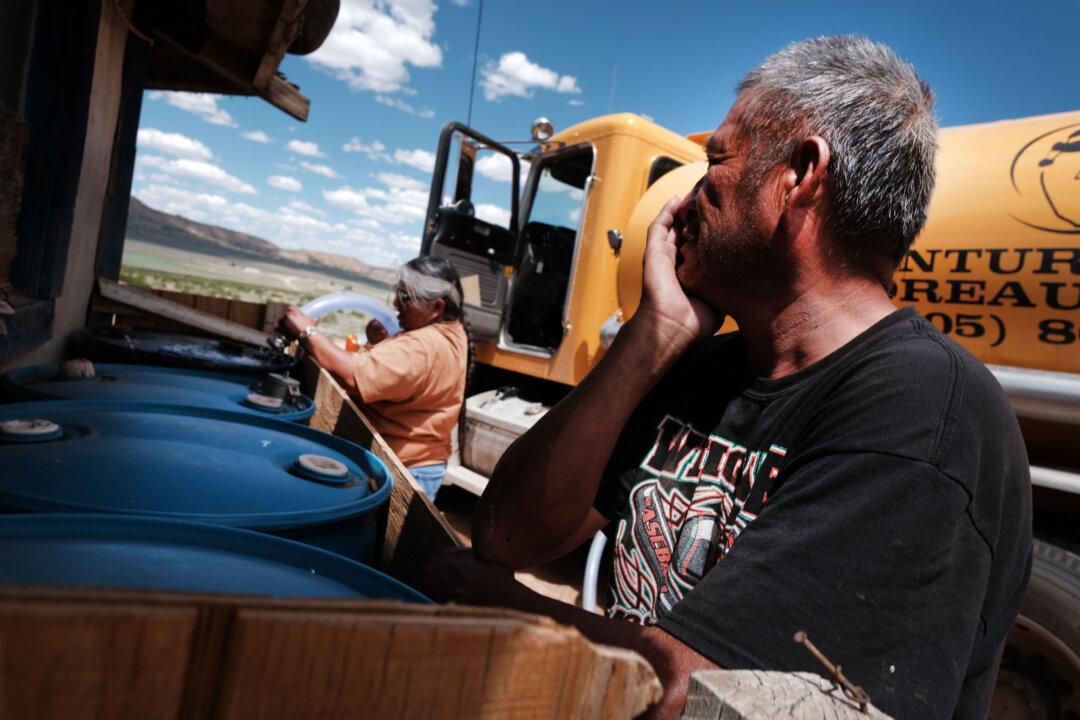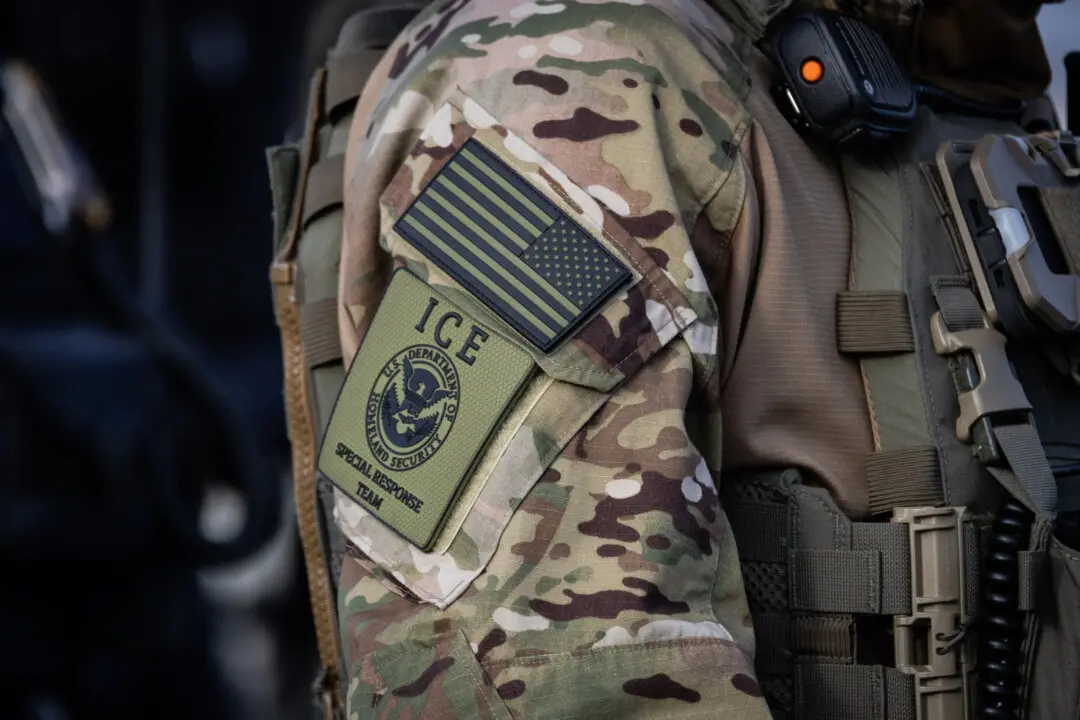A team from Doctors Without Borders, an international organization that provides medical aid to communities in need, is working with Native American tribes in New Mexico to help curb the spread of COVID-19.
The team of nine people is working with communities in the Navajo Nationand New Mexico after arriving in mid-April, Nico D-Auterive, a spokesperson, told The Epoch Times.





